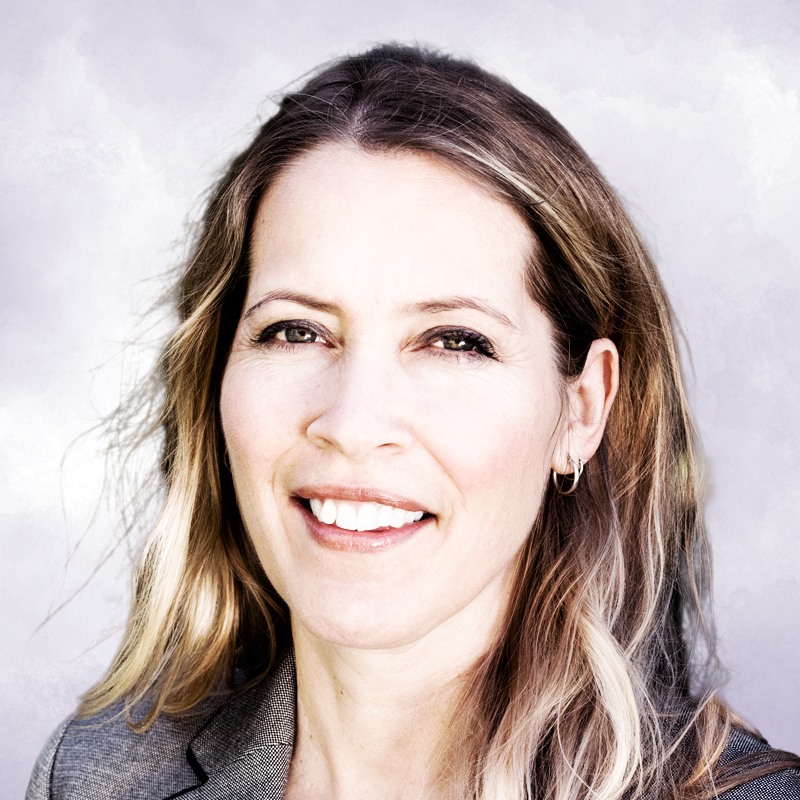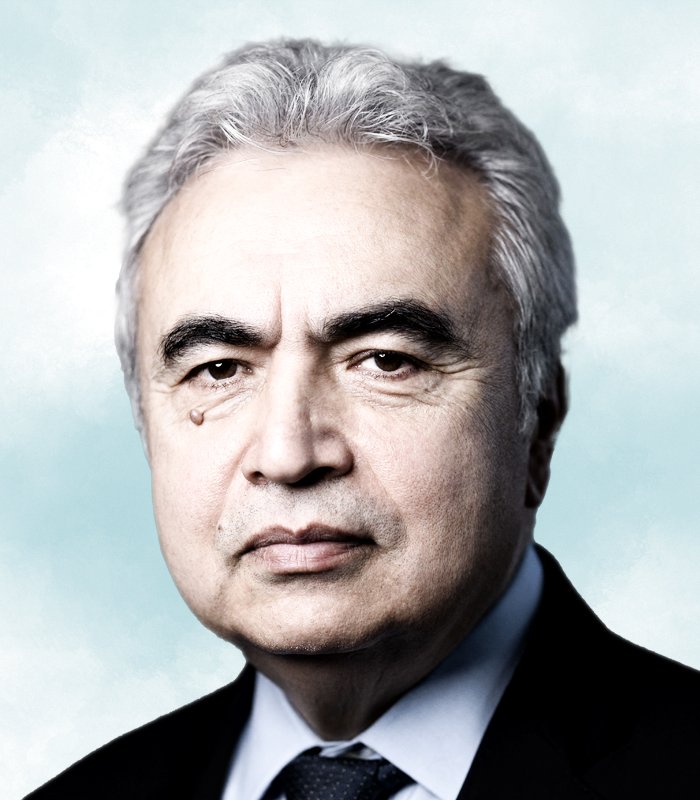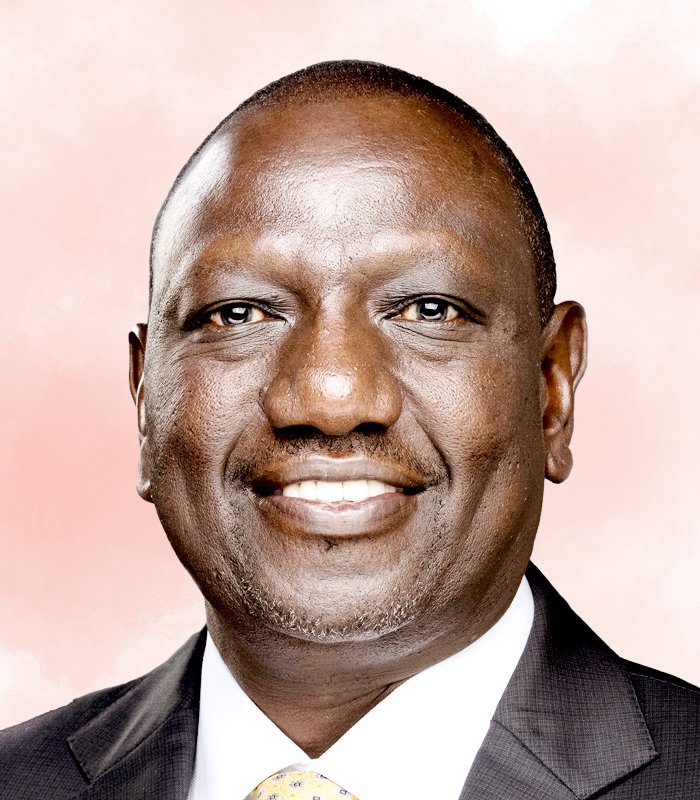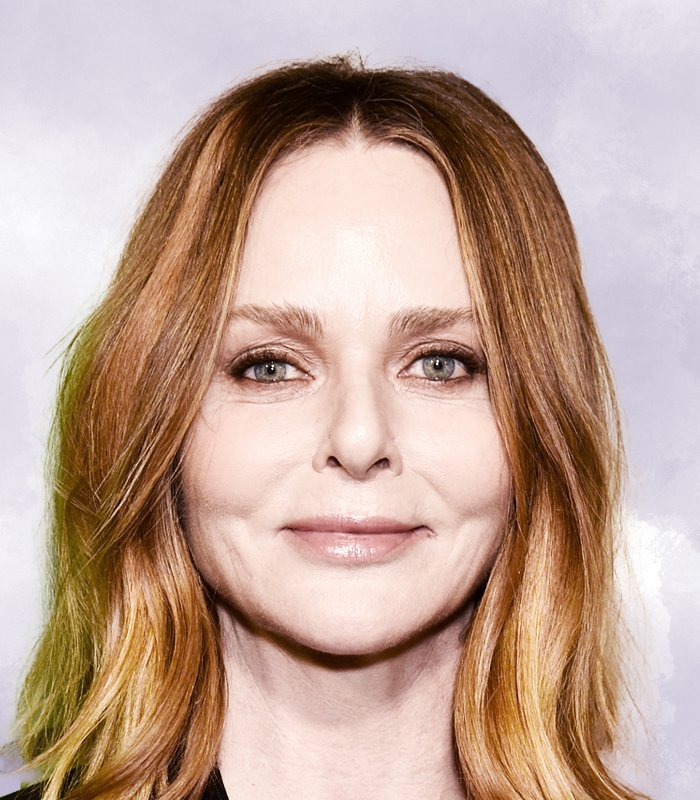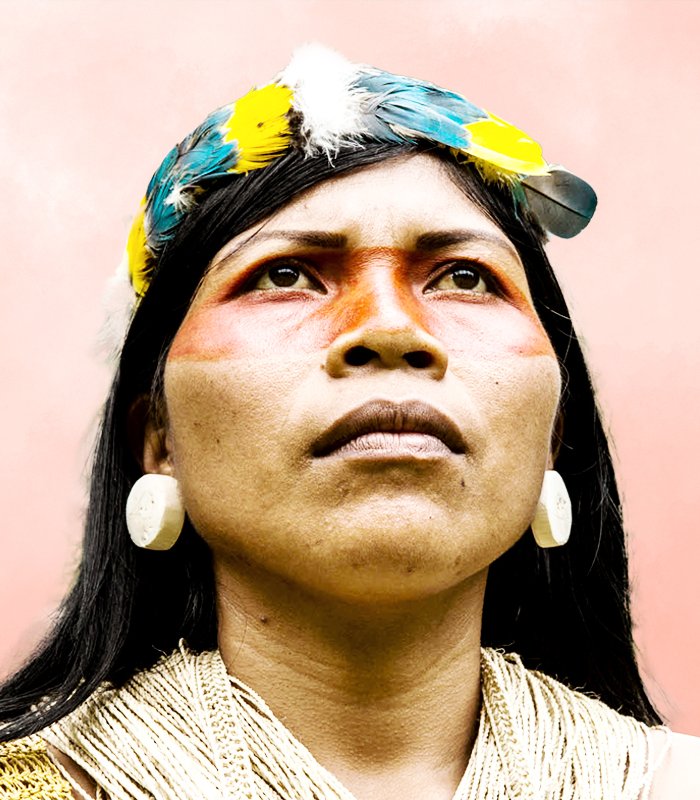Danielle Fugere is president and chief counsel of As You Sow, one of America’s most prominent nonprofit shareholder advocacy groups. As You Sow nudges the largest U.S. public companies toward adopting the green practices their investors want to see. These include emissions reporting, and the development of targets aligned with the Paris Agreement. As You Sow has effectively pushed companies like Deere & Co., Dollar Tree, and Olympic Steel to adopt net-zero by 2050 commitments.
What is the single most important action you think the public, or a specific company or government, needs to take in the next year to advance the climate agenda?
Companies must stop investing capital in high-carbon, high-impact products, technologies, and materials. Every dollar invested in a product or technology that harms the climate is a dollar invested in climate destruction. To continue business as usual is madness. We can invest in solutions now or pay later for our bad decisions. We invest in our future daily. We can invest in the same extractive energy that harms people and the planet and wrings exorbitant sums from families, or we can move investment dollars to cleaner, cheaper, less extractive solutions. Efficiency investments alone would dramatically reduce emissions while saving money.
What sustainability effort do you hope will gain popularity with the general public this year, and why?
This is the year of individual empowerment. Individual investors have the power to create change. Company boards are accountable to shareholders who can vote or move their money into companies that drive sustainable and long-term value. Empowering the next generation of investors, who are on the cusp of the largest wealth transfer in history, with the knowledge and capacity to invest and vote their shares is critical. Every investor can claim the power of their money to create a livable planet.
Where should climate activism go in the next year?
Thinking systemically and acting locally is key. Global governments are trying to solve a myriad of problems that cannot be solved individually. Consider farming: Large-scale agriculture dependent on monocrops, pesticides, and fertilizers has proven to be unsustainable. It is costly to maintain, harmful to farm workers and nearby communities, and destructive to our environment. By supporting better practices that nurture healthy soils, use low inputs, and rely on natural ecosystems, we can solve a range of problems. We save farmers money over time, improve human health, benefit soils, sequester carbon, and reduce environmental impacts—and this is just one example.
- Trump and Musk Have All of Washington on Edge
- Why AI Safety Researchers Are Worried About DeepSeek
- Behind the Scenes of The White Lotus Season Three
- Why, Exactly, Is Alcohol So Bad for You?
- The Motivational Trick That Makes You Exercise Harder
- 11 New Books to Read in February
- How to Get Better at Doing Things Alone
- Column: Trump’s Trans Military Ban Betrays Our Troops
